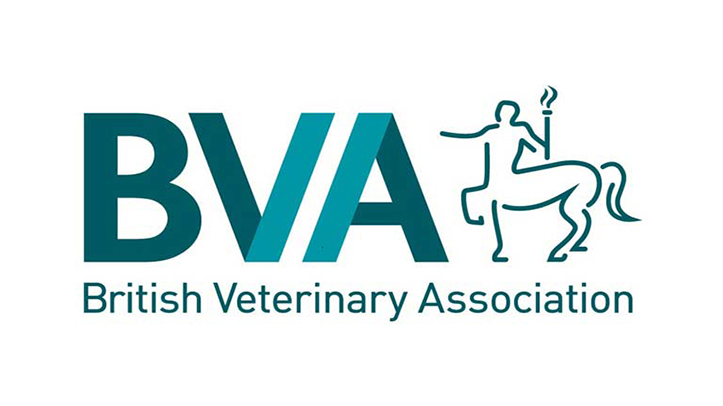The British Veterinary Association (BVA) is calling on the profession to support pet owners in choosing a healthy, sustainable diet for their cats and dogs.
New BVA Voice of the Veterinary Profession research revealed that many pet owners are opting for non-traditional diets for their cats and dogs, with 94% of companion animal vets reporting they have clients who feed a raw diet, 42% reporting clients who feed meat-free diets and 29% reporting they have clients who feed insect-protein in place of meat.
However, the new data also revealed that many clients are not routinely discussing dietary choices with their vet, as 60% of vets were unsure just how many of the cats and dogs they see are fed meat-free diets.
In a new policy position, developed by a panel of experts, BVA urged vets to have conversations with all cat and dog owners about what diet they have chosen and record nutritional histories and any resulting issues on their practice systems.
BVA president Anna Judson said: “We know that owners of cats and dogs are increasingly drawn to pet diets that reflect their own personal values and lifestyle choices, and this is leading to a surge in alternative approaches to pet food.
“We support owners making informed choices about what to feed their pets, but they must be aware that these choices play a pivotal role in the health of the animal and can also have a wider impact on human health and environmental sustainability.
“One of the key issues in these conversations is the lack of long-term, evidence-based research. If vet teams are to maintain our position as the ‘trusted voice’ in these conversations, it’s vital that we ask the right questions and also record as much data as possible so that we can understand the long-term impact of some of these newer diets.”
The policy position does not attempt to determine the ‘best’ diet for individual pets but rather focuses on supporting pet owners to ensure they are meeting their pets’ nutritional needs as well as meeting their own lifestyle choices.


